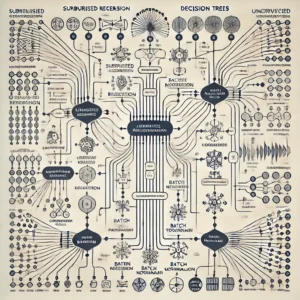
Abstract:
Quantum computing is emerging as a transformative technology in many fields, particularly in cryptography. This paper discusses the implications of quantum algorithms like Shor’s algorithm on traditional encryption methods and explores quantum-resistant cryptographic techniques such as Quantum Key Distribution (QKD).
Introduction:
The power of quantum computing lies in its ability to process vast amounts of data at unprecedented speeds. This makes it both a threat and a solution in the field of cryptography. Classical encryption algorithms, such as RSA and ECC, are based on the difficulty of factoring large integers, but quantum algorithms can efficiently solve these problems.
Main Content:
Quantum Key Distribution (QKD) provides a new paradigm for secure communication by using quantum mechanics to guarantee that eavesdropping attempts are detectable. With quantum computing’s potential to break classical encryption, QKD offers a way forward for future-proof encryption.
Conclusion:
While quantum computing poses challenges to current cryptographic systems, it also paves the way for more secure solutions. Further research is needed to develop practical quantum-resistant cryptographic algorithms.
